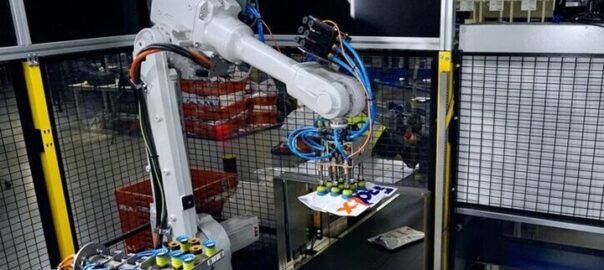Japanese sportswear giant Asics will ramp up India manufacturing to 40% from 30% over the next few years to ensure steady supply, a top executive told Reuters, as the country’s regulations force global brands to pause imports of footwear.
The Indian government has mandated certain standards for various footwear segments, requiring both domestic and foreign manufacturers to obtain quality certifications.
Asics, which has also paused imports, said bringing in footwear from any country is not feasible without government certification.
“To address this critical situation, we are strategically developing local production capabilities,” Asics India Managing Director Rajat Khurana said.
For financial year 2024-25, Asics reached 30% local production, a government-mandated threshold that allows foreign brands to operate their own single-brand stores in India.
The firm, which operates roughly 125stores through franchise partners, plans to open its first brand-owned store this year and is scouting locations in and around Delhi and Mumbai, Khurana said. It aims to set up a couple more over the next few years.
Asics, which competes with global rivals including Nike, Adidas, and Skechers USA in India, also plans to open threenew franchise stores per month between now and the end of the year.
For 2024-25, Asics projected revenue growth of 35%-37% in India, following a 26% jump in the previous fiscal year that lifted its revenue to Rs.428 crores.
Known for its running shoes, Asics is benefiting from a growing fitness culture in India and rising interest in tennis and pickleball among affluent urban consumers.
The local sporting goods and apparel category is expected to double to $58 billion by 2030 from 2023 levels, according to a 2024 report by consultancy firm Deloitte.
News Credits- FASHION NETWORK










